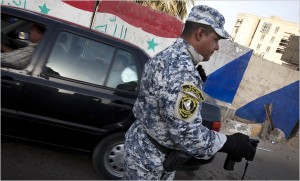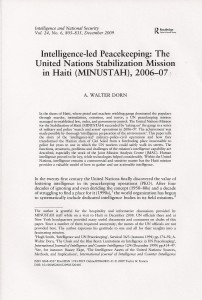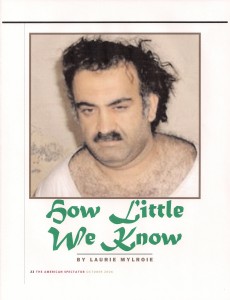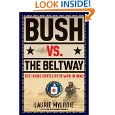A 9/11 in Indonesia: JI's planned aviation attack: info Noordin Top's laptop
Countering terrorist ideology: the ideological response unit (Singapore)
Global (Terrorism) Pathfinder (Singapore)
The ICPVTR Terrorism Database – Global Pathfinder – is a one-stop repository for information on the current and emerging terrorist threat. The database focuses on terrorism and political violence in the Asia-Pacific region – comprising of Southeast Asia, North Asia, South Asia, Central Asia and Oceania.
In addition to providing the latest information on terrorist attacks and pronouncements, Global Pathfinder also includes over a hundred terrorist training manuals, counter terrorism legislations and conventions, analytical papers on terrorist ideologies, commentaries on terrorist trends and patterns, transcripts of landmark cases, interviews with terrorists as well as photographs from different conflict zones across the world. Further, Global Pathfinder also has a huge collection of jihadi websites, the contents of which are routinely translated and analysed by our analysts.
The Global Jihad Network: Why and How al–Qaeda UsesComputer Technology to Wage Jihad
One of the main architects of the new al-Qaeda is a man named Abu Musab al-Suri. He put down his vision for the future of jihad in a book entitled Call for Worldwide Islamic Resistance, a one-thousand six-hundred page manifesto published on the Internet in 2004.
…he sought “…to transfer the training to each house of each district in the village of every Muslim….making appropriate training materials available to more than a billion Muslims….
Systems Approach To Terrorism: Countering The Terrorist Training Subsystem
Celebi's thesis focuses on the use of the Internet both in general and in the case of the Kurdish group PKK. The work is strongest in its discussion of what the author calls the training subsystem, and in his explication of that system as involving more than tradecraft and being increasingly based online. This training subsystem is seen as having four core functions:
1. The training subsystem creates, intensifies and sustains the competence, commitment and the skills that the terrorists will apply to reach their goals.
2. The training subsystem not only teaches the ways and means, but also justifies them by means of intensive indoctrination.
3. The training subsystem establishes ties to the group and creates a sense of belonging.
4. The training subsystem enables knowledge to be stored inside the boundaries of the system, and facilitates its passing through generations.








